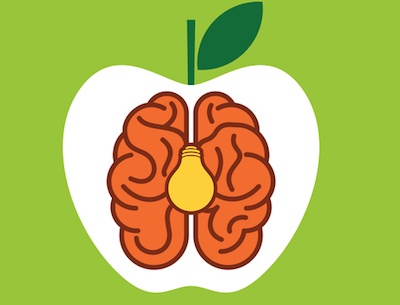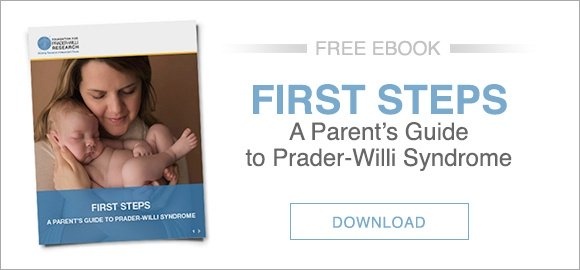 Many of the clinical trials for therapies in PWS involve a drug treatment of some sort. However, there is also ongoing work exploring other ways to improve behaviors and possibly hyperphagia (excessive appetite) in PWS. One such approach is transcranial direct current stimulation (tDCS), a non-invasive form of brain stimulation that sends low levels of electrical current to a desired specific region of the brain. Dr. Merlin Butler, at Kansas University Medical Center, is evaluating the tDCS as a potential therapy in PWS.
Many of the clinical trials for therapies in PWS involve a drug treatment of some sort. However, there is also ongoing work exploring other ways to improve behaviors and possibly hyperphagia (excessive appetite) in PWS. One such approach is transcranial direct current stimulation (tDCS), a non-invasive form of brain stimulation that sends low levels of electrical current to a desired specific region of the brain. Dr. Merlin Butler, at Kansas University Medical Center, is evaluating the tDCS as a potential therapy in PWS.
Initial work by Dr. Butler showed some reduction in hyperphagia in PWS in a small group of participants (N=5). These results were recently published in the article "Transcranial Direct Current Stimulation Reduces Food-craving and Measures of Hyperphagia Behavior In Participants With Prader-Willi Syndrome."
In this second year of FPWR funding, Dr. Butler and collaborators at Harvard University will continue an expanded study to further determine if tDCS improves food cravings and overeating in adults with PWS. The project, Transcranial Direct Current Stimulation, Startle Modulation and Event-related Potential Of the Brain To Evaluate Hyperphagia In PWS, will enroll 40 adults with PWS. It is a collaboration with the Prader-Willli Homes of Oconomowoc, WI.
A variety of measures will be used to measure food response and food interest. A standard tool in this area of research is hyperphagia questionnaires. In addition to this, researchers will measure eye movements and brain wave activity in response to a series of food and non-food pictures.
Results from this work will help determine whether tDCS may be an effective, non-invasive, and cost-effective therapy for food behavior in PWS. This work will also compare different approaches to measuring food response in patients with PWS. This is an important part of optimizing tools to find sensitive, consistent, and accurate measures of hyperpahgia for clinical trials for PWS.








